
Hidden Battles(2010)
How do you create a life for yourself after you've killed in war?
Dramatic and deeply personal film about the psychological impact of killing on the lives of five soldiers. Representing a cross section of nationalities, gender, class and race, these soldiers reveal intimate memories about the central act of war, the killing of another human being. How do these individuals make sense of what they have done? What happens when time challenges their carefully constructed stories? Consciously apolitical but deeply psychological, Hidden Battles examines the strength and struggles of men and women who kill and how they create a life for themselves afterward.
Movie: Hidden Battles
Video Trailer Hidden Battles
Similar Movies
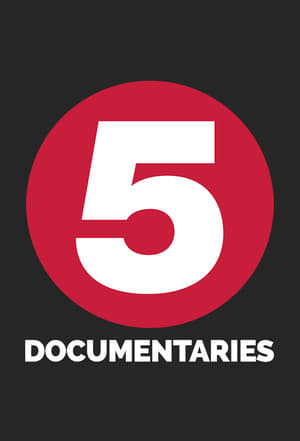 0.0
0.0Becky Watts Killed for Kicks(en)
The story behind the murder of 16-year-old Becky Watts, who was killed by her stepbrother Nathan Matthews and his 21-year-old partner Shauna Hoare in Bristol in February 2015. This programme documents the huge police manhunt that unfolded in the wake of her disappearance, and the police investigation which eventually brought her murderous stepbrother to justice.
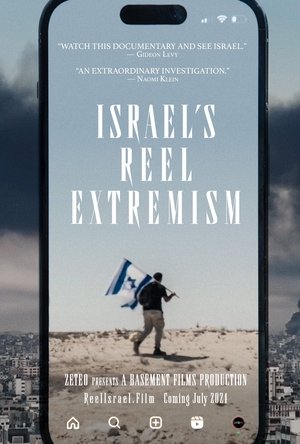 0.0
0.0Israel's Reel Extremism(en)
An examination of Israel and its society after many months of war, seen initially through the prism of viral social media posts - and exclusive interviews with the soldiers behind them. These posts, some shared millions of times, show soldiers humiliating bound Palestinians, ransacking their homes, joking as they detonate schools and whole districts, and laughing as they launch high explosive ordnance into densely-packed areas. The award-winning team behind this Basement Films production traveled to Israel to interview some of these soldiers, who proudly defended themselves and their videos, some expressing callous disregard for Palestinians in Gaza. Through additional interviews with Israeli radical groups, politicians, and media figures, the film reveals Israeli Jewish society in the aftermath of October 7th, gripped by a vengeance and hate that puts into question any possibility for peace.
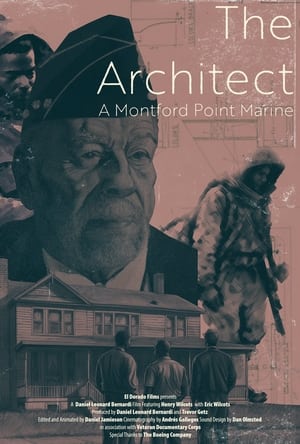 0.0
0.0The Architect: A Montford Point Marine(en)
In this dynamic and dramatic short film, an African American veteran takes us on an extraordinary journey through his life. From a chance visit to the Pentagon, to growing up in a vibrant integrated neighborhood, his story is one of resilience and inspiration. Fueled by the determination to seize educational opportunities, he enlists just in time to experience the racial divisions of his era before Truman desegregates the military. Thrust into the brutality of the Korean War, the weight of combat becomes an indelible part of his soul. Returning home, he embarks on a new path as an architect and discovers unexpected connections in far-off Pakistan. As his family expands, his sons reflect on the man who raised them and the legacy he instilled. This film unearths the essence of the Black experience in the early 20th century, paints a vivid portrait of the Chosin Reservoir, and unravels the intricate tapestry of race, family, and personal growth.
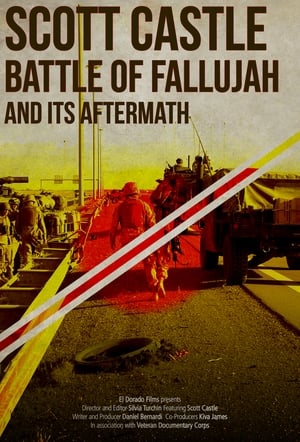 0.0
0.0Scott Castle: Battle of Fallujah(en)
Scott Castle served in the U.S. Marine Corps for four years. While assigned to 1st Battalion, 5th Marines, 1st Marine Division he served three combat tours in Iraq, including the First and Second Battles of Fallujah.
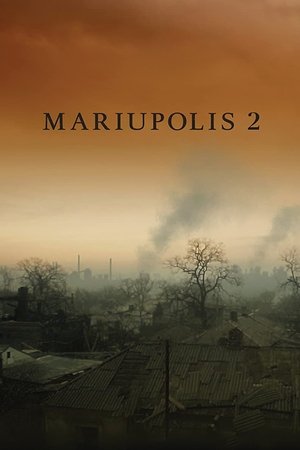 8.5
8.5Mariupolis 2(ru)
In 2022, Mantas Kvedaravičius went back to Ukraine, Mariupol, at the heart of the war, to be with the people he had met and filmed in 2015. Following his death, his producers and collaborators have put all their strength into continuing transmitting his work, his vision and his films. Also a PhD in anthropology, Mantas Kvedaravičius wished to testify as a filmmaker as far as possible from the agitation of the media and the politicians. With huge force and sensitivity, Mariupolis 2 depicts life as it continues amidst the bombing and reveals images that convey both tragedy and hope.
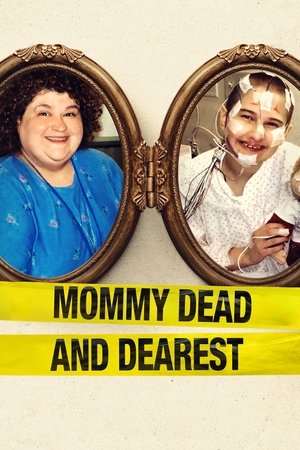 7.4
7.4Mommy Dead and Dearest(en)
Child abuse, mental illness, and forbidden love converge in this mystery involving a mother and daughter who were thought to be living a fairy tale life that turned out to be a living nightmare.
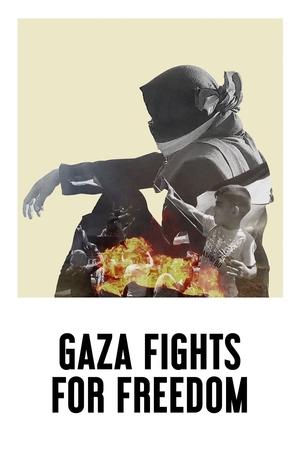 7.7
7.7Gaza Fights for Freedom(en)
Gaza Fights for Freedom depicts the ongoing Great March of Return protests in the Gaza Strip, occupied Palestine, that began in 2018.
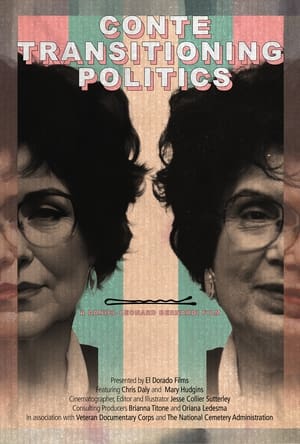 0.0
0.0Conte: Transitioning Politics(en)
An extraordinary tale of resilience unfolds against the backdrop of intense political rivalry and media scrutiny. Joanne Conte, the indomitable child of Italian immigrants, weathers the storm of public vilification as her past is unceremoniously plastered across the front pages of Colorado papers and on The Maury Povich Show. Yet, this assault on her character is not enough to halt the unwavering march of her life of service. She breaks barriers as the first transgender person to be elected to a city council in U.S. history, but her identity extends far beyond this groundbreaking accomplishment. As a valiant soldier, an impassioned activist, and a tenacious politician, Conte carves out a formidable legacy. This is an emotionally charged and evocatively detailed portrait of Joanne Conte, a multifaceted individual who lived her life far beyond the simplistic narratives of headlines.
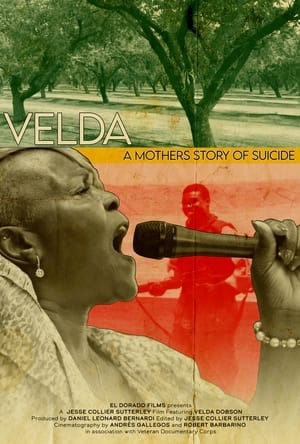 0.0
0.0Velda: A Mom's Story of Suicide(en)
In the poignant and thought-provoking short film, a distressed mother, Velda, takes center stage as she recounts the tragic tale of her son, Michael, who battles inner demons after being sent to war. As she navigates through the gut-wrenching chronology of his enlistment on the eve of 9/11, his traumatizing experiences in combat, and his futile attempts at readjustment after returning home, the narrative unravels to reveal the silent and insidious toll of war on the mental health of soldiers. Compelled by her son's devastating suicide, Velda transforms her grief into a call for action, articulating her concerns about the military's approach to mental health issues in a letter to the president. This heart-rending short film underscores the often overlooked consequences of war, giving voice to those left in its devastating wake.
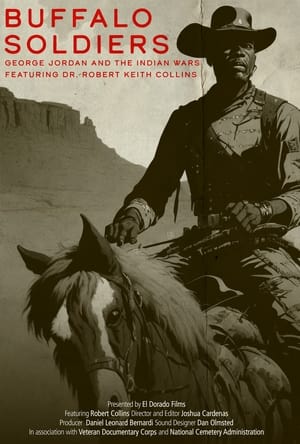 0.0
0.0Buffalo Soldiers: George Jordan and the Indian Wars(en)
“Buffalo Soldiers: George Jordan and the Indian Wars” is a poignant examination of the marginalized history of the Buffalo Soldiers - African American servicemen who bravely served in numerous conflicts only to face scorn, ridicule, and suppression of their stories back home. The film's epicenter is George Jordan, a formerly enslaved man turned soldier whose exemplary courage in battles etches a stark contrast against his forgotten legacy. Juxtaposing the resistance of Apache Chiefs and braves with Jordan's unwavering will to protect his comrades and white settlers, the narrative challenges us to reconcile often overlooked aspects of the formation of the West. With a stark reminder of Jordan’s decline due to his heroic yet under-acknowledged efforts and the refusal of the Army to provide him with care, the film crescendos into a plea for recognition of the Buffalo Soldiers, ultimately asking what we can give to make our country better.
Diameter of the Bomb(en)
Since the renewed Intifada began in 2000, there have been over 75 Palestinian suicide bombings. This is the story of 0ne-the bombing of bus 32 in Jerusalem in June 2002. The film connects the stories of a group of ordinary Israelis-Jews and Arabs. Each of them holds a clue to someone who died that day.
 7.2
7.2The Devil Came on Horseback(en)
While serving with the African Union, former Marine Capt. Brian Steidle documents the brutal ethnic cleansing occuring in Darfur. Determined that the Western public should know about the atrocities he is witnessing, Steidle contacts New York Times reporter Nicholas Kristof, who publishes some of Steidle's photographic evidence.
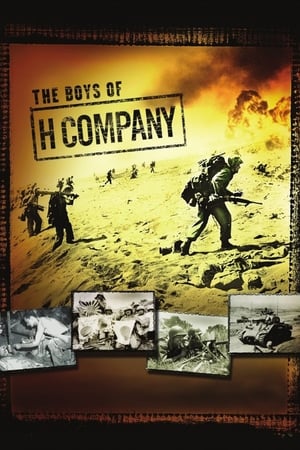 0.0
0.0The Boys of H Company(en)
This documentary follows the steps of the boys of H Company as they fight on the island of Iwo Jima.
 0.0
0.0The Making of 'Band of Brothers'(en)
Interviews made of the various actors and cast members that provide the knowledge and production skills and sets required to make the film a success.
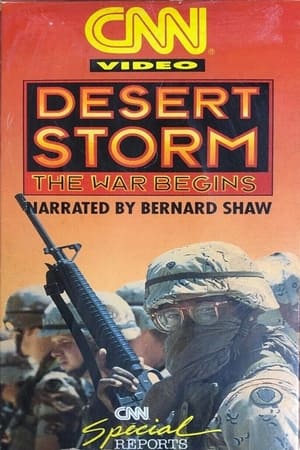 0.0
0.0Desert Storm: The War Begins(en)
An historic presentation by CNN documenting the lead up to and the beginning of the war in Iraq.
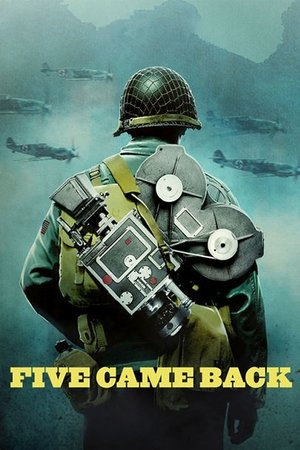 7.9
7.9Five Came Back(en)
The extraordinary story of how Hollywood changed World War II – and how World War II changed Hollywood, through the interwoven experiences of five legendary filmmakers who went to war to serve their country and bring the truth to the American people: John Ford, William Wyler, John Huston, Frank Capra, and George Stevens. Based on Mark Harris’ best-selling book, “Five Came Back: A Story of Hollywood and the Second World War.”
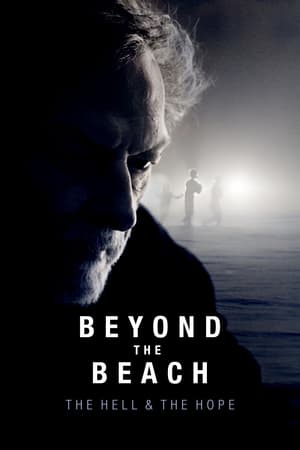 9.0
9.0Beyond the Beach: The Hell and the Hope(en)
A powerful depiction of war in infamous global conflict zones. Directed by Oscar/Emmy documentary makers Buddy Squires and Graeme Scott (know for Sam Smith), this film provides a rare and powerful insight into humanity and hope in the depth of war and the greatest global humanitarian crisis of the last several decades.
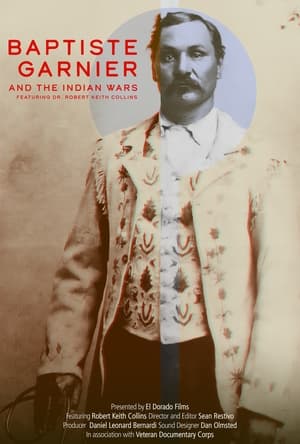 0.0
0.0Baptiste Garnier and the Indian Wars(en)
In 1866, as the U.S. modernized its military, the Army Reorganization Act allowed Native Americans to enlist as scouts, heralding a profound era of change. Amidst this backdrop, the film unfolds the story of Baptiste Garnier, a half Oglala Sioux, half French-Canadian scout known as "Little Bat." Torn between his Sioux roots and his U.S. allegiances, he navigated the brutal Indian wars and was at the heart of pivotal battles, including the tragic Wounded Knee massacre. Although perceived as a bridge between two worlds, Baptiste's duality often led him to make heartbreaking decisions. By the time of his untimely death in 1900, shot by a white bartender over a bar tab dispute, he epitomized the complex weave of identity and legacy, raising questions about the cost of serving two peoples in a divided America.
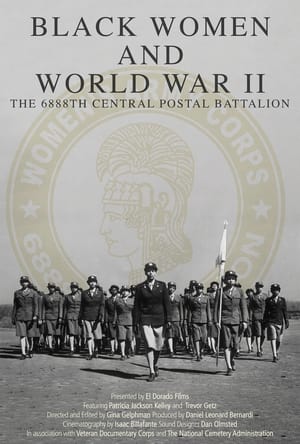 0.0
0.0Black Women and World War II: The 6888th Central Postal Directory Battalion(en)
In the midst of World War II, the 6888th Central Postal Directory Battalion, an all-female African-American unit, undertook the monumental task of sorting and delivering a massive backlog of mail for the U.S. military. Despite facing deplorable working conditions and the pervasive dual discrimination of race and gender, these women served their country with unbreakable determination and pride. Led by the formidable Major Charity Adams, they not only achieved their mission in half the expected time but also broke barriers, standing firm against inequality and inspiring future generations. Tragically overlooked for years, the story of the 6888th sheds light on a remarkable, untold chapter of American history, reflecting both the triumphs and injustices that shaped the nation's path towards civil rights. Their courage and resilience continue to resonate, a poignant reminder of the societal strides still needed to fully recognize and honor their invaluable contribution.
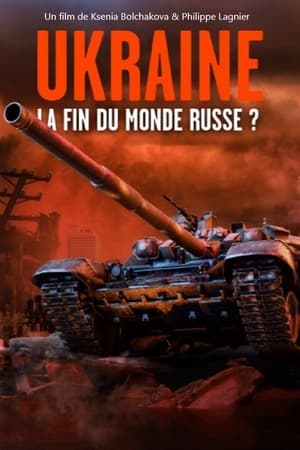 7.0
7.0Ukraine : la fin du monde russe ?(fr)
By invading this "state fiction" that is, according to him, Ukraine, Vladimir Putin takes up the motto of the tsars: "sovereign of all Russia, the great, the small and the white". The first would have Moscow as its capital, the second, kyiv, and the last, Minsk.

